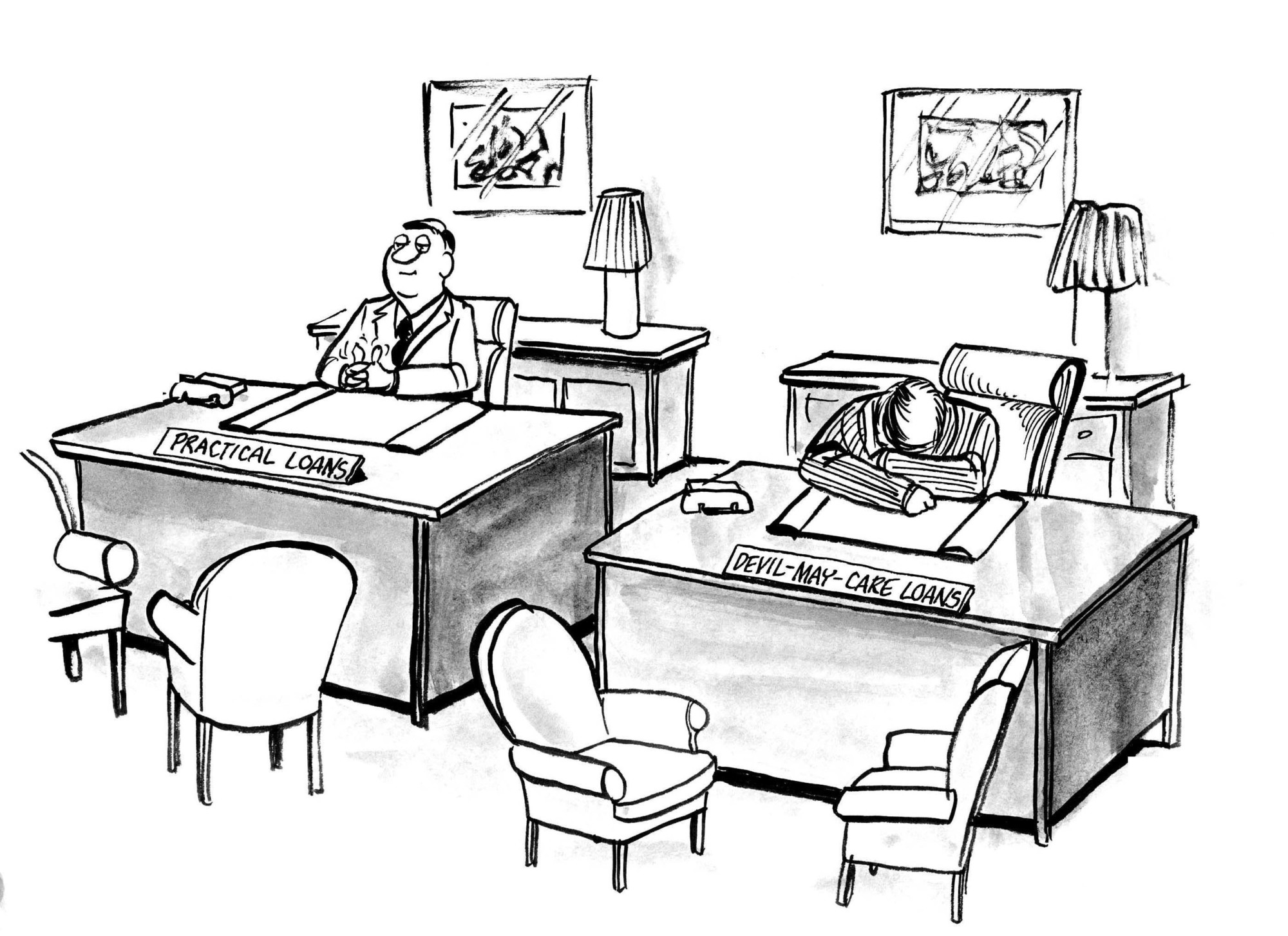Table of Contents Show
No matter who you are, the mortgage approval process is the same. Once you’ve agreed with a seller on a sales contract for a home and due diligence has been completed, things move to the lender for the mortgage underwriting process. This is when a hard look at your finances to determine if you qualify for a loan.
Many buyers hold their breath as the sale outcome depends on the result of the underwriting process. Like it or not, this is an inevitable part of applying for a loan. Since it happens right before you close on a home, the timing for approval can be crucial, especially if you need to move in by a specific date.
What is the Mortgage underwriting process?What is the Mortgage underwriting process?
The mortgage process is relatively transparent, but underwriting will occur behind closed doors. It will be handled by someone behind the lender, an underwriter, who will send requests for more paperwork or further explanations. Depending on the lender, the underwriter may be part of an in-house writing team or a separate processing/underwriting company that your lender outsources to.
Their job is to determine whether or not the loan is worth the risk by assessing your documentation and double-checking that everything is factual and accurate. The process is very stringent, with the qualifications depending on the loan you’re applying for and the lender’s policies.
What do underwriters consider?What do underwriters consider?
What they’re looking for are any discrepancies in your financial history. They’ll need a list of documents that your loan officer will outline. Of course, the specific documents you’ll need vary depending on your application for a loan. For example, FHA loans usually require more documents. But, at the very least, you can expect to be asked for the following:
- Pay stubs from (at a minimum) the last two months of employment to see if you make enough to pay your bills.
- W-2 forms or tax returns from the last two years to prove you are consistent with making money
- Bank statements from checking and savings accounts go back three months to verify your assets and check for any suspicious activity.
- Property appraisal to see whether the home’s value backs the loan amount.
- Title search and insurance to check if there are any liens against the property
The bank may request additional information if the underwriter has a question about something. Underwriters pay the most attention to deposits made within the last two months. If any deposits don’t coincide with your income, they will ask to verify the deposit’s origination. There can be no room for doubt or a judgment call from the underwriter. They have to check absolutely everything and have it confirmed in writing. If they make a mistake, their necks are on the line, so they’re careful.
How to speed up the underwritingHow to speed up the underwriting
How fast the mortgage underwriting process moves depends a lot on the underwriter. Unfortunately, you cannot do much to influence how fast they work. However, you can help eliminate extra steps that will slow down the process.
Make a full disclosure.Make a full disclosure.
If you have any financial skeletons in the closet, now is the time to confess. The underwriting process is incredibly rigorous. No matter how well you think you’ve hidden some credit mishap, they will leave no stone unturned in finding it. Far better to make a full disclosure early on so the underwriter can evaluate it. It may not even be a total deal-breaker but require extra attention to fix. The last thing you want is something to come up at the last minute, jeopardizing your closing date.
Promptly respond to all requests for further information.Promptly respond to all requests for further information.
The primary reason that most mortgage approvals bog down is that the borrower doesn’t have all their documents in order. A mortgage underwriter can’t do their job without the necessary paperwork. Your loan officer will have already given you a list of all required documents. They wouldn’t have asked for them if they didn’t need them to have everything in order and good to go. Make some time to compile everything you’ll need or think you’ll need. Having all the required paperwork on hand will save you days in the approval process.
Tie up any loose ends once you know about themTie up any loose ends once you know about them
It is common for a loan to receive the status of “Approved but with conditions.” This is merely a request for further paperwork. Something may have come up for which the underwriter needs an explanation. If you have any non-salary-related deposits in your account, include a paper trail to verify their origination. You’re practically at the finish line now, so if asked to provide anything, then send it immediately.
Final thoughtsFinal thoughts
You should soon hear those magic words “clear to close.” the average waiting time in New York City for mortgage approval is 30 days. During high-volume months it can be an average of 45-60 days. Many factors decide how long it will take, most of which are out of your control. But at least by taking all the necessary precautions, you can remove any self-imposed roadblocks.

